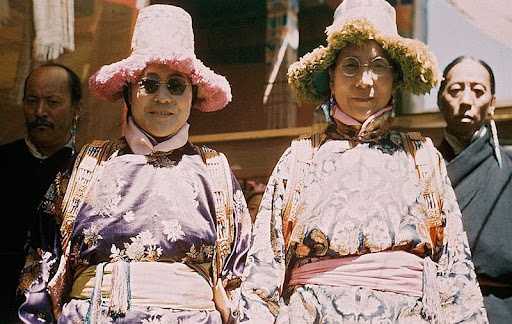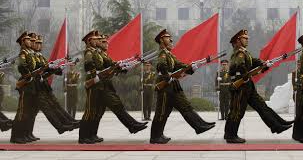Why didn’t India and British send soldiers to protect Tibet in case of Chinese communists invasion between 1947-1950? Several factors influenced why India and Britain did not send soldiers to protect Tibet from a Chinese communist invasion between 1947 and 1950:
Indian Independence and Focus on Internal Issues:
Indian Independence: India gained independence from Britain in August 1947. The new Indian government was primarily focused on internal issues, including the partition of India and Pakistan, communal violence, and the integration of princely states.
Internal Stability: India’s priority was to stabilize the newly formed nation and address pressing domestic challenges. Sending troops to Tibet would have diverted critical resources and attention away from these urgent matters.
British Withdrawal from Asia:
Decolonization: Post-World War II, Britain was in the process of decolonization and withdrawing from its colonial possessions in Asia. It no longer had the capacity or the political will to engage in military interventions in the region.
Economic Constraints: Britain was economically weakened after the war and could not afford to sustain military operations abroad.
Chinese Sovereignty Claims:
Historical Claims: China had long claimed sovereignty over Tibet. The Chinese communists, led by Mao Zedong, were determined to integrate Tibet into the People’s Republic of China, which was established in 1949.
International Recognition: Most countries, including India and Britain, were cautious about directly challenging China’s claims, especially given the changing international order and the emerging Cold War dynamics.
Geopolitical Considerations:
Non-Interference Policy: India, under Prime Minister Jawaharlal Nehru, adopted a policy of non-interference in the internal affairs of other countries and sought to establish peaceful relations with its neighbors, including China.
Lack of Military Alliances: Neither India nor Britain had formal military alliances or commitments to defend Tibet. The strategic and military cost of intervention without clear international support was deemed too high.
Limited International Support:
Absence of Global Consensus: There was no significant international consensus or coalition to support military intervention in Tibet. The United Nations and other international bodies were not in a position to organize or endorse such an intervention.
Focus on Other Regions: The early Cold War period saw major powers focusing on Europe and East Asia (e.g., the Korean War), rather than the Himalayan region.
Conclusion:
The combination of India’s focus on internal consolidation, Britain’s withdrawal from colonial engagements, respect for Chinese sovereignty claims, geopolitical prudence, and the absence of international support collectively resulted in no military intervention to protect Tibet from the Chinese communist invasion during that period.










